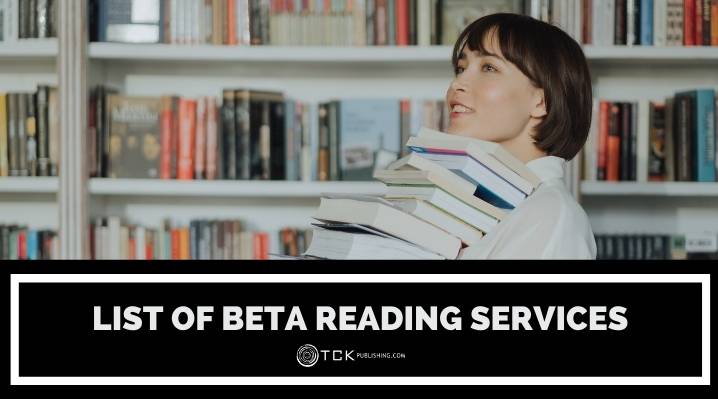
If you’re writing a book, you’ve probably been advised to let others read your manuscript before sending it off to professional editors, agents, or publishers.
But whom should you entrust with your precious draft in exchange for some honest feedback? While your friends and loved ones might seem the most convenient options, you need to consider how honest you think they can actually be with you.
Will your mom really tell you if your main character is fatally unlikable? Will your best friend really tell you that your pacing sucks?
It’s possible, but the chances aren’t really in your favor. That’s why you need beta readers—the people who are avid readers of your genre, who represent your target audience—to give you honest, objective critiques.
List of Beta Reading Services
So where do you find these mysterious beta readers? Are there really complete strangers out there willing to read your book and provide constructive criticism so you can make it better?
The answer is yes! And one of the quickest, most efficient ways to find them is through a beta reader service.
These services will match you with readers in your target audience, who will read your manuscript and provide a summary or report of everything they liked and didn’t like about your book.
So without further ado, here’s a list of beta reading services that will get your book into the right test readers’ hands.
| Website | Pricing | Genres |
|---|---|---|
| TCK Publishing | Free | All |
| Entrada Publishing | $85 | All |
| I am, Indeed | Request quote: [email protected] | All |
| Lilly's Book World | $20 per 100,000 words | Romance, YA, Fantasy |
| Literary Titan | $89 | All |
| Your Beta Reader | $100-$200 | All |
| Pro Beta Reader | $100-$150 per 100,000 words | All |
| Self-Publishing Review | $129 | All |
| The Moon Who Listens | Request quote | All |
| Critique Circle | Free | All |
The Importance of Beta Readers
You should always get your manuscript professionally edited, but an editor’s perspective is often different from a reader’s perspective.
Beta readers can critique your book from that unique reader point of view, letting you know what works (and what doesn’t) in your book.
And if you’re writing about different cultures, sensitive topics, or other complex themes, you should also consider working with sensitivity readers, who can point out inaccuracies in terms of culture and representation, stereotyping or bias, and politically incorrect language.
Did you find this post helpful? Let us know in the comments below!
If you enjoyed this post, then you might also like:
- Complete Guide to Beta Readers: How to Find and Work with Early Reviewers to Improve Your Writing
- 12 Useful Writing Subreddits For Every Type of Writer
- Sensitivity Readers: What They Are and How to Work With One
- How to Get Book Reviews: The System That Got Us 1,000+ Reviews on Amazon
As a blog writer for TCK Publishing, Kaelyn loves crafting fun and helpful content for writers, readers, and creative minds alike. She has a degree in International Affairs with a minor in Italian Studies, but her true passion has always been writing. Working remotely allows her to do even more of the things she loves, like traveling, cooking, and spending time with her family.
